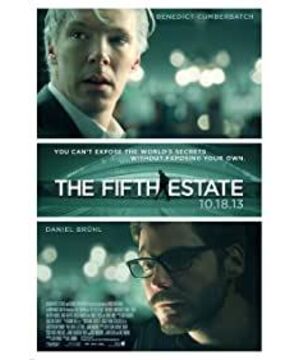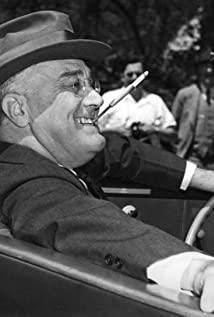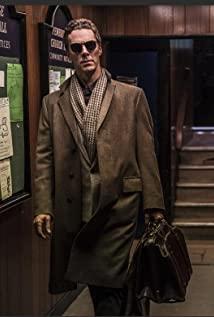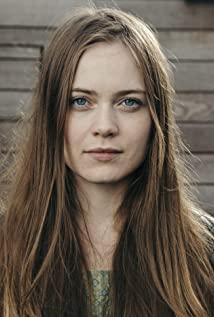1 What's not good about deciphering the crisis?
For one, the plot is a little flat and it's not tense enough. It would be great if Assange was accused of sexual assault as well.
Second, the male partner Daniel takes the lead. Because this drama is based on Daniel Berg’s book, it is from Daniel’s perspective. It feels like this drama is actually talking about how Assange doesn’t consider the life of the informant. Then I Berg How to wake up, how to save these people. In short, the mental process of becoming Berg has changed.
Third, the expressionist approach is too artificial. I refer to the scene where Daniel destroys the "base", and the part after Assange saw that the file could never be uploaded-the "base" was destroyed by fire. The director is obviously taking the inner world of this symbolic character, but it is really too artificial, it is better to have some close-up facial expressions. Or can you stop using such an artificial symbol?
2 What is so good about decrypting the crisis?
When Benny was interviewed, including in his reply to Assange, he said that the film was actually meant to stimulate thinking and discussion. I think this film did it, revealing the common moral and philosophical question-is life really precious, and freedom/right is more expensive? Or is it not so?
Liberalism has always been the mainstream value of the United States, so this film is really American style. We should all see that Assange is fighting for the right of ordinary citizens to know and believes that the government should not cover up the truth of the matter, and that it is our freedom and right to know the truth. Yes, he is a fighter for liberalism. So, he struggled alone until he met Daniel, and then just the two of us against the rest of the world (Shen Xia chaotic entered). Assange believes that bloodshed and sacrifice are necessary for freedom and rights, so even if those informants die, it is compelling, and they are only likely to die. But what about the civilians who died in the war in Afghanistan? They are dead, and their lives are not worthy of respect?
But Daniel doesn't think so, he thinks they are human beings. You can't put these people in danger of death in order to achieve your goals! In other words, Daniel's position is that human life is more important than freedom, and the right to know is far less than the right to live alone. In other words, he and Assange have conflicts (in fact, the government also has conflicts with Assange-he threatens national security).
But I want to say again, will the government's deliberate concealment of the truth lead to more bloodshed and sacrifice? What about people who are far more than these? Very utilitarian idea. But in fact, I support Assange. Maybe you would say that it is because the informant is not you or your relatives. Anyway, Assange said at the end of the play, the informant did not die because of the crisis deciphering without editing the information.
One more thing, I think the director is actually reflecting on the mainstream American values-rights and freedom. Are they really that important? What if there is bleeding and death? But is freedom and rights abandoned because of fear of bloodshed and death? Ahem, it can be said that this is a projection of the collective subconscious. Maybe the entire public in the United States is potentially reflecting on this issue. . .
3 The truth about the crisis
Assange mentioned in his letter to Benny that this play was adapted based on two very unreliable books, which were malicious slander and crisis decryption, which is untrue. In fact, I want to say that this corresponds exactly to what Assange said in the play-what other people tell you is only the point of view, do you want to know the truth? You have to find it yourself. In other words, this drama is Assange in Daniel's eyes, but Assange thinks-no, no, I'm not like that at all. Assange in Daniel's eyes is not objective, nor is Assange in his eyes.
You want to know the truth?
You have to find it yourself.
ps: Before I watched this show, I only read Assange's autobiography, not Daniel Berg's book. If you want to know what the real Assange is like, at least you have to read these books.
Haha, in fact, it is also hinting at what is true. Wouldn't it be taller now?
So, I give this film 5 stars. Just because of the thinking it brings me. For those of us who are not majors in film studies, thinking is enough, but aesthetics is second.
View more about The Fifth Estate reviews











